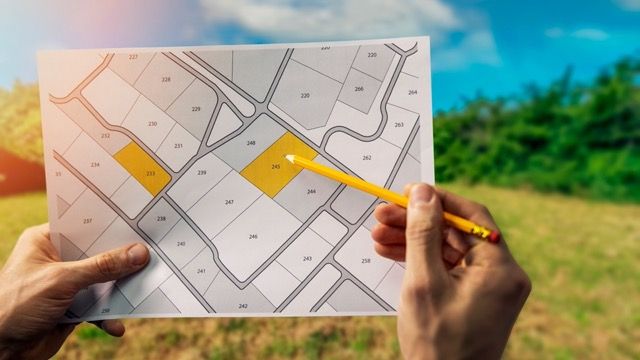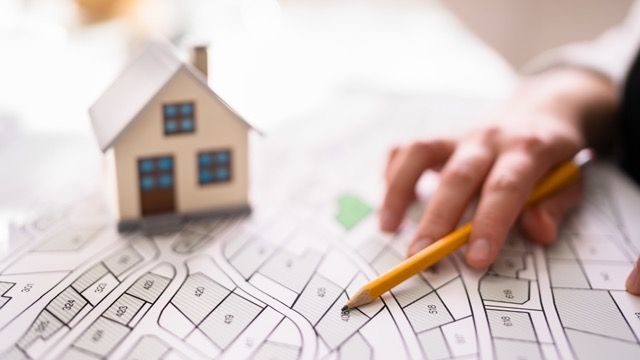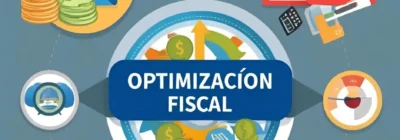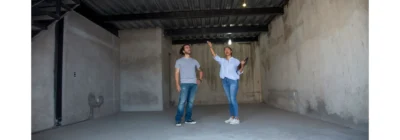How is the exchange of a plot of land for a future new property taxed?
Patrick Gordinne Perez2024-05-18T12:24:00+00:00The exchange of land for future construction is an attractive alternative for investors seeking to maximise their profitability.
This method consists of exchanging a plot of land for the construction of a building site on it, which allows investors to obtain a property ready to be marketed without having to make the initial investment in the purchase of the land.
In addition, this exchange offers the possibility of participating in the design and planning process of the project, which allows it to be adapted to the needs and preferences of the investor.
In this way, the exchange of land for future construction is an attractive option for investors seeking to diversify their portfolio and obtain long-term benefits.
You own a plot of land and a real estate developer has offered to buy it from you in order to build a block of flats. In return, you will receive two of the homes built on the site.
What is the exchange of a plot of land for future construction?
This type of transaction is common in the real estate sector and is known as a “plot swap for future construction”:
- The owner hands over the plot of land to the developer, with a public deed and registration of the transfer in the Land Registry.
- Once the building work has been completed, the developer hands over to the transferor of the plot of land the finished homes that have been agreed upon.
- It can also be agreed that the developer or the owner of the plot of land will pay a certain amount of money, thus being a “mixed exchange”.
In the year in which the exchange takes place, you will have to declare a capital gain or loss in your personal income tax for the difference between the acquisition value of the plot of land and the higher of the two:
The current market value of the homes that will be handed over to you (plus any money that may be paid to you by the developer, if applicable).
The current market value of the land delivered (minus the amounts in cash to be paid, if any).
Recommendations for an exchange of land

Here are some tips on how to avoid overpaying and optimise your taxation when doing a swap:
- How is an exchange taxed for VAT purposes?
- The delivery of the land is an advance payment
Although the developer will hand over the homes to you once they have been built, you will be paying for them “in kind” from the beginning (by transferring ownership of the land).
Therefore, at that moment the developer will be receiving an advance payment on account of the houses, and will issue you with an invoice on that same date charging you the corresponding VAT (10% of the value attributed to the houses).
Cash part in the swap
So you will also have to take into account the cost of this VAT. If you do not have the money to pay the VAT on the swap, one option to be able to meet this payment, if possible, is to agree with the developer that the swap also includes, in addition to the properties, a cash part.
Agree that this amount will be handed over to you at the time of formalising the exchange and that it will be sufficient to cover the VAT (both amounts being offset against each other).
How is a swap taxed for personal income tax purposes?
Deferred transaction regime
Later taxation of the swap
For personal income tax purposes, you will have to declare the gain in the year in which you hand over the land.
However, if more than one year is going to elapse between the delivery of the land and the reception of the properties (a common circumstance in these cases and which you will be aware of from the beginning due to the agreements signed with the developer), you can make use of the deferred operations regime, thus delaying the taxation of the gain until the IRPF of the year in which you receive the properties.
Example of a swap
You acquired your land for 300,000 euros.
In 2024 you transfer it to a developer in exchange for two houses valued at 500,000 euros in total, which will be delivered to you in 2025.
You also agree that the developer will pay you 50,000 euros, an amount equal to the VAT payable on the houses (so the land is valued at 550,000 euros):
| Concept | TAX 2024 | TAX 2025 |
| Total gain | 250.000 | |
| Amount “charged” | 50.000 | 500.000 |
| Profit tributable | 22.727 (9,1%) | 227.273 (90,9%) |
| Cuota IRPF | 4.653 | 52.244 |
(500.000 + 50.000) – 300.000.
The gain is taxed in the savings base. Under the deferred operations regime, it is imputed in proportion to the amount of the sale (the 550,000) that is “collected” in cash or in kind in each financial year.
If more than one year will elapse between the time you formalise the exchange and the delivery of the properties, take advantage of the deferred operations regime for personal income tax purposes. To avoid incurring additional costs, ask the developer to pay the VAT on the properties.




